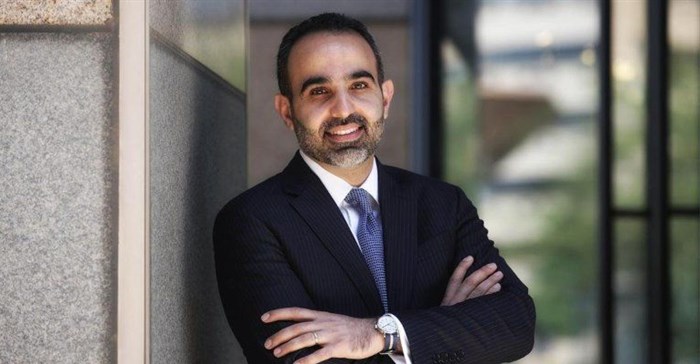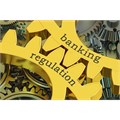#BizFinFocus: Where will regulation and blockchain meet?

Understanding the dangers
Coming to terms with new technology is nothing new. When automobiles first hit the road, and being considerably faster than horses, people were worried about safety. Because people didn’t really know what these vehicles were, something called the red flag laws were introduced which required someone walking in front of the vehicle with a red flag to warn road users that it was coming.
“This obviously defeated the entire purpose of the vehicle,” says Farzam Ehsani, blockchain lead at Rand Merchant Bank.
“But that’s where our regulatory framework began, and it was only once people understood the dangers and risks associated with this new technology, that things such as proper roads, highways, traffic lights and zebra crossings were put in place.
His point is that what we’re seeing around the world is a lot of regulators coming to terms with the technology (blockchain) itself. “There has been great progress over the last couple of years, and in particular over the last few months. So, we are starting to see very mature regulatory frameworks that are coming out.”
When he says mature, what he means is sensible. “We are also seeing some not so sensible ones and some of these, in the hope of control, have ban certain of these asset classes, and assets.”
The danger of pushing the tech underground
His view is that, with the decentralised asset, all that really does is push the technology underground. “It takes it outside of the regulatory environment and while the intention was to control by banning, there is a complete lack of control.
“Regulatory frameworks are also often meant for the most nefarious actors of our societies and these would now just push things underground.”
Most countries have not come out with comprehensive regulations to do with cryptocurrency, and initial coin offerings (ICO), or made distinctions between utility coins and security coins, he says.
The reason he makes the distinction between the coins is because even though this is a new technology, it often is just the same type of thing people have done before, in a new form. “Security is a security whether I give you a piece of paper or issue you a digital token or crypto token, it is still subject to securities laws,” Ersani explains.
South Africa's take on regulation
A lot of clarity is still needed, but he says he is very encouraged by the maturity of many of the regulators around the world, and particularly here in South Africa.
The South African Reserve Bank (Sarb) has recently put together a fintech unit, comprising three individuals, dedicated to this space, and “mandated with dealing with emerging technological trends and advancements that are affecting the mandate of the Reserve Bank with its currency and financial stability.”
They have undertaken several activities, including experimenting with the technology.
Recently the think tank announced project Khokha, which is testing the issuing of a rand onto a blockchain or distributed ledger for the purposes of interbank settlement. “They are doing this just to understand what this means for the financial system. It is not something that is going into production; it is only something to learn from. They are doing it in collaboration with many banks around South Africa.”
They are also preparing to put into place a regulatory framework for cryptocurrencies to think about how these should be regulated, he adds. “Rather than blindly going ahead and putting in a framework that may not be thought out, they are putting in a lot of time and effort to make sure sensible policies emerge in the near future. I think they will be coming out with announcements throughout 2018.”
He also points out that given the nature of this asset class, not many people know into which class blockchain falls . “Some people say it is cryptocurrencies, some say properties, others say commodities. Therefore, given our regulatory framework often times different asset classes are regulated by different regulators, and so even that clarity is required to know where the regulatory framework would sit, and the regulatory responsibility would lie.”








































